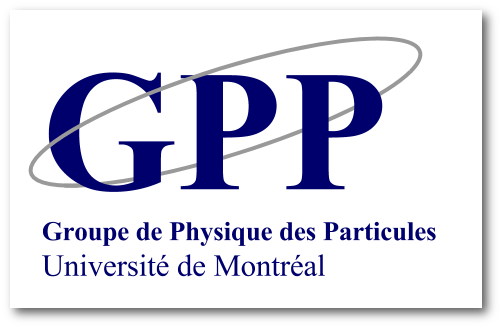You are here
Research
If you are interested in physics research at its most fundamental, you've come to the right place. In particle physics, we are interested in the fundamental rules of Nature; we ask questions such as: What are the elementary particles, the fundamental constituents of all matter? How do these particles interact? Why is Nature put together in such a way? The answer to such questions, it must be admitted, will probably not have a dramatic, or possibly even a perceptible, effect on daily life, because the conditions necessary for creating the majority of the particles studied are so extreme, so far from the conditions of daily life. For example, a precision measurement of the top quark mass (an important question in particle physics these days) won't improve the performance of your toaster! Why, then, study particle physics? One possible argument is that even if we can't necessarily envisage practical applications of particle physics, it may not be that there are none: it may be simply that we can't see far enough. In the history of science, there are many examples of discoveries that appeared to be arcane and of no practical importance at first sight but which turned out to be of great importance. Who would have guessed that Albert Einstein's special theory of relativity would lead to nuclear energy, for example? However, even in the absence of practical applications, particle physics is worth studying, for the simple reason that the human being is naturally curious as to how the world works around her/him. Particle physics is perhaps the ultimate curiosity-driven research.
This research can be divided into two branches: experimental and theoretical. In the GPP, we have researchers in both camps. The experimentalists participate in large international collaborations at two of the world's cutting-edge particle physics research centres: CERN, in Geneva, and SLAC, in California. There is also a dark matter detection experiment largely conceived and developped locally (PICO), which is located at the Sudbury Neutrino Observatory (SNO). Finally, there are collaborations with TRIUMF in British Columbia and with the Koh-Enerugii Butsurigaku Kenkyuusho (KEK) accelerator center in Japan. On the theory side of things, two approaches are represented: phenomenology and field theory. For more information on the research efforts of members of the GPP, please consult the local links below. For more details on particle physics in general, please consult the general links page.

